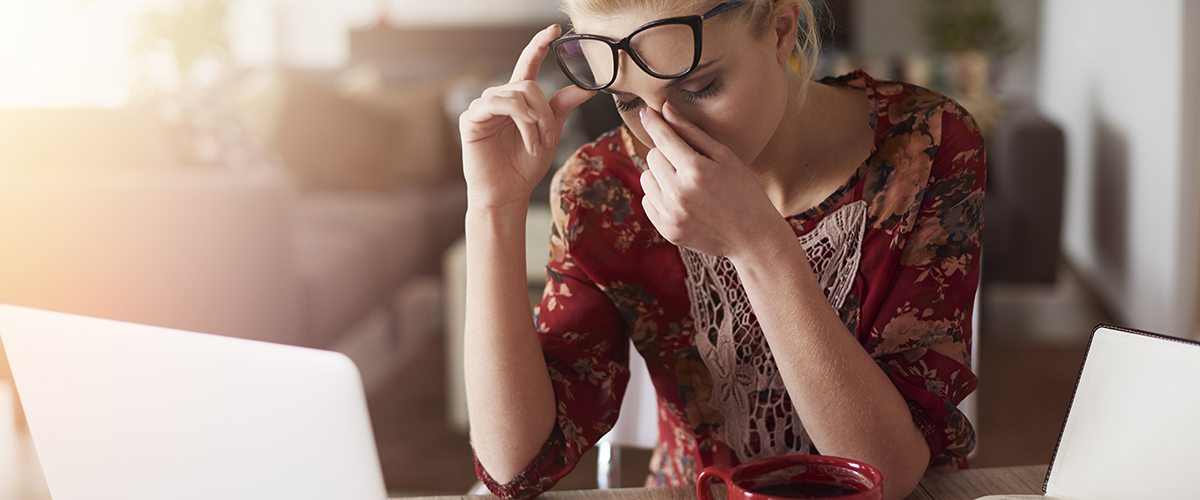[vc_row][vc_column][vc_column_text]
A new study has found that low levels of THC are effective at reducing stress and at helping one to relax.
Findings in a new study indicate that low levels of tetrahydrocannabinol (THC), the main psychoactive cannabinoid found in cannabis, effectively reduce stress and anxiety. The study, conducted by researchers at the University of Illinois at Chicago and the University of Chicago, tested the anxiety effects of various levels of THC.
“Very few published studies have looked into the effects of THC on stress, or at the effects of different levels of THC on stress,” said Emma Childs, lead researcher and associate professor of psychiatry at the UIC College of Medicine.
The study involved 42 participants between the ages of 18 and 40 years. A third of the subjects were given a “low-dose” capsule containing 7.5 milligrams THC. Another third were given a “moderate-dose” capsule with 12.5 milligrams THC. The remaining third received a placebo containing no THC.
“The doses used in the study produce effects that are equivalent to only a few puffs of a cannabis cigarette,” said Childs. “We didn’t want to include a much larger dose, because we wanted to avoid potential adverse effects or cardiovascular effects that can result from higher doses of THC.”
The subjects participated in two 4-hour sessions scheduled five days apart. At each session, subjects orally consumed their capsule and then relaxed for two hours to allow time for the cannabinoid to reach the bloodstream.
After the two-hour waiting period, the subjects were asked to participate in activities. In the first session, the participants spent 10 minutes preparing for a mock job interview and then underwent a five-minute interview session with laboratory assistants. They then were required to complete a “stress inducing” mathematical challenge for five minutes. In the second session, the subjects were asked to spend five minutes talking about their favorite book or movie, and then another five minutes playing solitaire.[/vc_column_text][/vc_column][/vc_row][vc_row][vc_column][vc_single_image image=”17365″ img_size=”1200×250″ onclick=”custom_link” img_link_target=”_blank” link=”https://www.medicalmarijuanainc.com/overview-of-medical-marijuana-research/”][/vc_column][/vc_row][vc_row][vc_column][vc_column_text]Participants rated their stress levels at the beginning of each session, as well as during and after completing their assigned tasks. In addition, each subject’s blood pressure, heart rate, and cortisol level were measured at intervals.
Subjects given the “low-dose” THC capsule reported less stress after the psychosocial test than the group given the placebo. Their stress levels were also found to dissipate faster after the test.
The group given the “moderate-dose” THC capsule, however, reported greater negative mood before and throughout the psychosocial test compared to the placebo group. They were also more likely to rate the task as “challenging” and “threatening” and to have more pauses during the mock interview component.
“Our findings provide some support for the common claim that cannabis is used to reduce stress and relieve tension and anxiety,” said Childs. “At the same time, our finding that participants in the higher THC group reported small but significant increases in anxiety and negative mood throughout the test supports the idea that THC can also produce the opposite effect.”
“Studies like these — examining the effects of cannabis and its pharmacological constituents under controlled conditions — are extremely important, considering the widespread use of cannabis for both medical and non-medical purposes,” she said. “Unfortunately, significant regulatory obstacles make it extremely difficult to conduct this type of research — with the result that cannabis is now widely available for medical purposes with minimal scientific foundation.”
A recent survey investigating why people use cannabis found the most common response to be relaxation, or stress and anxiety relief.
You can access the entire study, “Dose-related effects of delta-9-THC on emotional responses to acute psychosocial stress,” via Drug and Alcohol Dependence.
Learn more about previous research investigating the anti-anxiety effects of cannabis by visiting our education page. Keep up with the latest cannabis-related studies through our news feed.[/vc_column_text][/vc_column][/vc_row]






